“In the early stages, I would read it and I would cry, have tears streaming down my face,” Chinese-Australian cook and food writer Hetty Lui McKinnon says of her latest cookbook, To Asia, With Love. “They’re not sad tears … it’s me feeling this happiness of reaching this point where I’m able to tell this story.”
McKinnon says she’s never been the authority on Asian cuisine like Kylie Kwong – her first cookbook, Community, told the story of starting the salad delivery business that brought her to prominence – but her fourth cookbook is her most personal yet. In it, the recipes and McKinnon’s own words reflect on the influences of her Chinese heritage and upbringing in Australia.
To Asia, With Love is part of a boom this past year in cookbooks telling more personal stories. Elizabeth Hewson’s Saturday Night Pasta is a “tale of finding myself and forming a ritual of self-care”; Nigella Lawson’s Cook Eat Repeat is interspersed with personal essays; Fanny Singer’s Always Home features recipes alongside an intimate memoir of growing up as the daughter of culinary royalty (her mother is Alice Waters); while In Bibi’s Kitchen offers the life stories and recipes of eight African grandmothers.
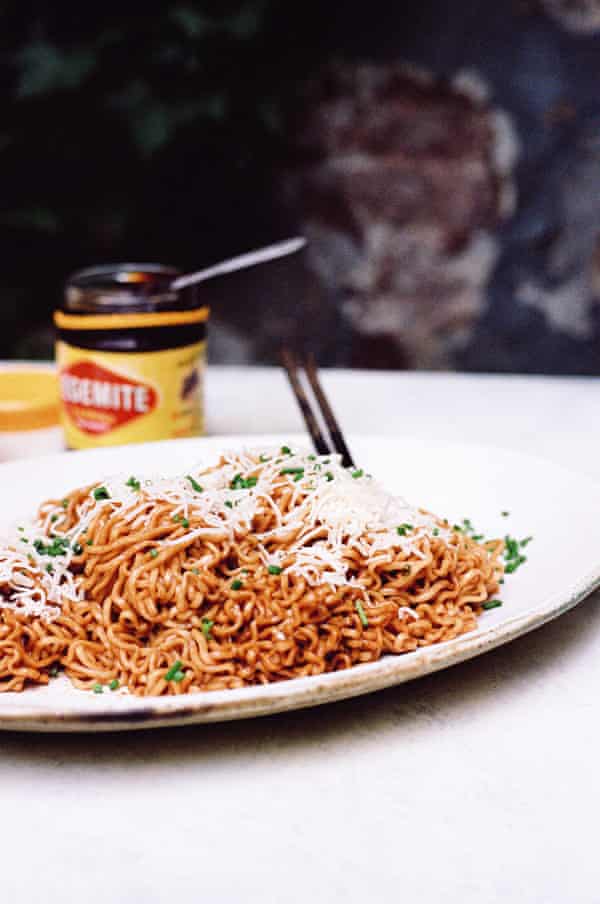
McKinnon first pitched the book to her publishers as a more traditional recipe collection about the Chinese food she grew up eating. “But as I started writing it, it morphed into a book that was more personal to my experience. I was Chinese at home and had to somehow be Australian when I left the front door.”
The recipes include buttery miso Vegemite noodles, a Chinese take on shakshuka, alongside such classics as steamed water egg custard, which comes directly from her mother’s kitchen.
“When I wrote this book, I thought, ‘I’m taking a risk but I am ready to take the risk’ … I want people to know who I am. This is the real me.”
Chefs have for a while contributed to the genre of life writing as well as cookbooks. Julia Child, for example, wrote Mastering the Art of French Cooking and My Life in France. Books combining the two genres have always been popular. Early examples include the 1986 classic Honey from a Weed, detailing Patience Gray’s Mediterranean adventures and recipes, and Stephanie Alexander’s Stephanie’s Feasts and Stories, published in 1988.
But lately, more have appeared. Culinary historian Barbara Santich says what we’re seeing with increasingly personal cookbooks is “a continuation and intensification of an earlier trend” combined with broader fashions in the culinary sphere of emphasis on chefs as individuals, and in publishing of personal non-fiction narratives.
Santich says the trend of more personal cookbooks can also be attributed to the abundance of cooking resources available on the internet. Now, cookbooks must be able to offer something more than merely reliable recipes.
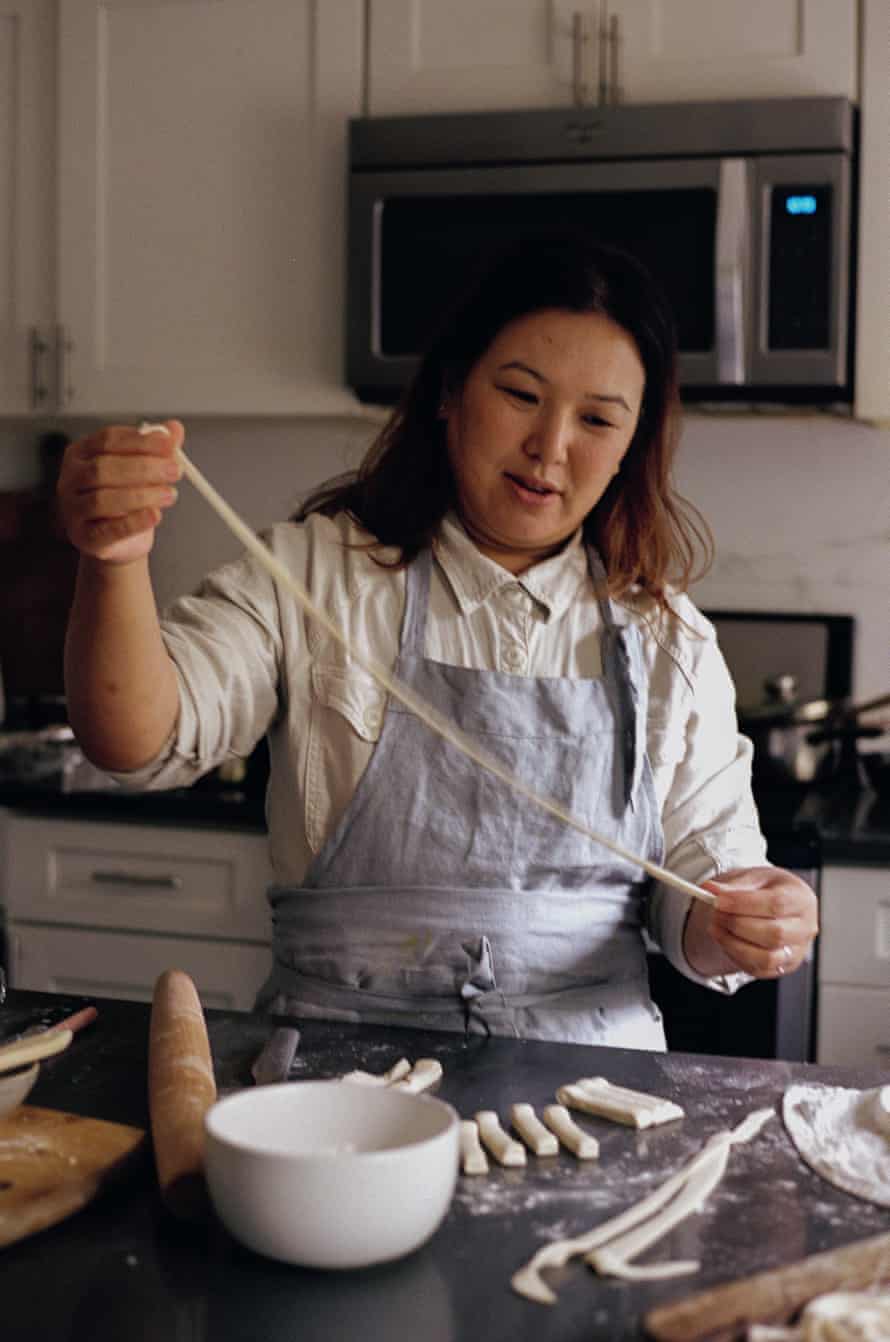
“Cookbooks have always been books for reading, as well as books to choose recipes and follow those recipes. By adding the personal stories, they’re enhancing the readability,” Santich says.
McKinnon says she “needed to reach a level of maturity in my own work where I felt confident enough to share” a more personal perspective. But for Analiese Gregory, publishing “something in between cookbook and memoir” made sense as a debut. After spending years working in top restaurants around the world, including most recently at Hobart’s acclaimed fine diner Franklin, the chef published her first book, How Wild Things Are, in February.
The book tells the story of how Gregory stepped back from the kitchen burners to live off the land in the wilds of Tasmania. Gregory said she wanted to write a cookbook about the slower way of living and cooking she’d found since leaving Franklin in 2019.
However, she realised it “wasn’t going to be a rounded project unless it included the story of how I came to be in Tasmania. We needed to include the story, but then you asked yourself, ‘Where do you begin with the story?’ And I suppose it starts when I started cooking.”
For Gregory, cooking has “always been personal but in different ways. In the beginning I was so passionate and worked so many hours. I felt like I didn’t know who I was outside the kitchen. It was the be all and end all.” Then there’s the personal nature of “making a dish of your own. You’re really putting yourself on the plate. What if people don’t like it?”
Gregory was inspired by memoirs by chefs, like Gabrielle Hamilton’s Blood, Bones and Butter, because despite being “constantly surrounded by people in hospitality … you don’t talk about stress and anxiety”.
Since Marco Pierre White’s White Heat in 1990, high-stress kitchen confessionals (recipes optional) have become their own trope. But in How Wild Things Are, Gregory proposes food as the cure, as well as the disease. Her embrace of foraging for, hunting and growing her own ingredients is served as an antidote to the stresses described in the narrative section of the book.
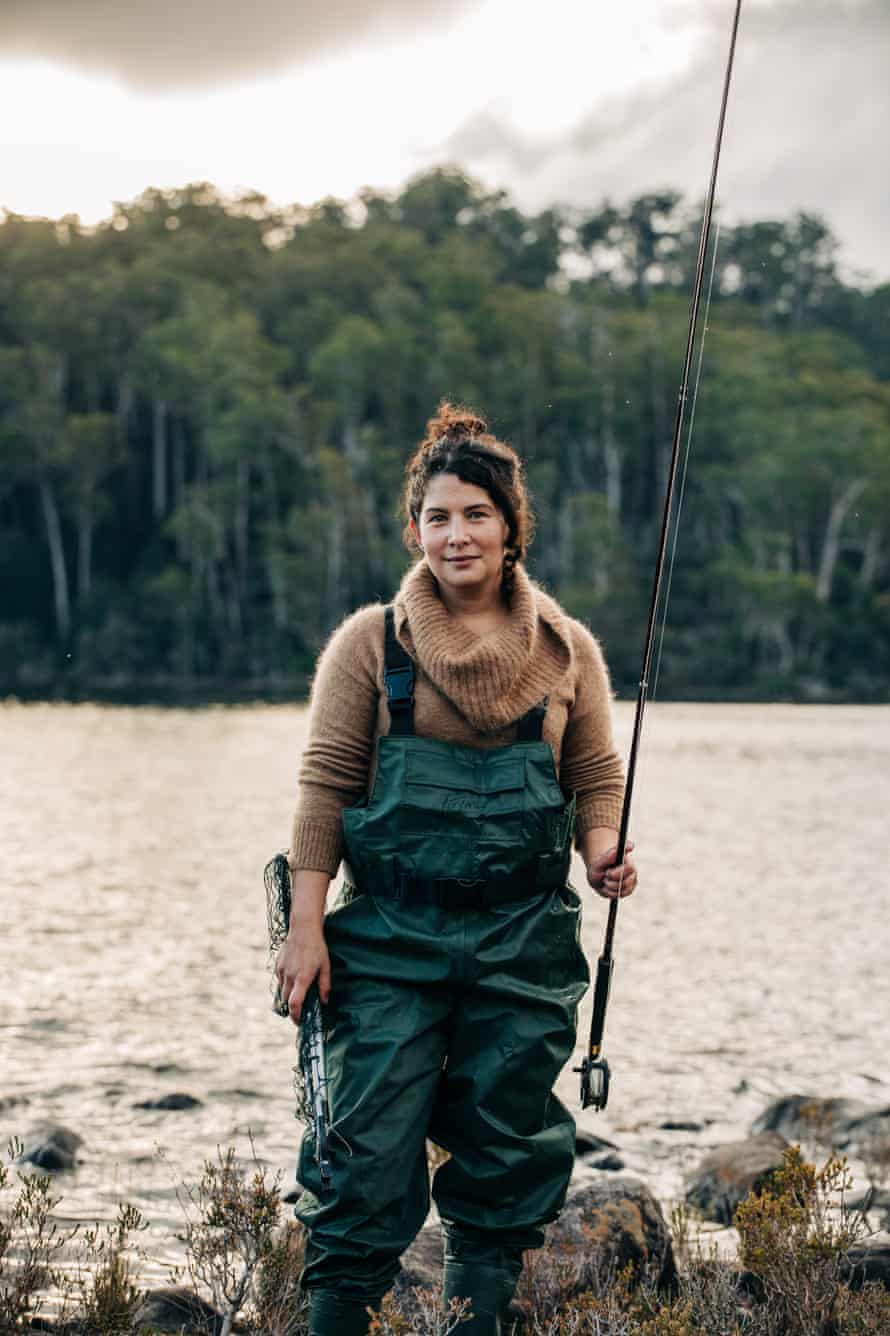
This story of slowing down played out just prior to the Covid-19 pandemic, which also permanently shuttered her former workplace. Gregory says her cooking now reflects “what I wanted out of my life”.
“I wanted things to be a bit slower, get back to nature, go hiking, plant vegetables,” she says, but it just “happened to be at a time right before Covid”. The pandemic led many to connect with the ideas she was already exploring around homesteading and food scarcity, transforming something slow into something shockingly timely.
When it comes to the global culinary publishing scene, Santich says that Australian cookbooks have often been at the forefront. McKinnon’s To Asia, With Love is part of the movement towards third-culture cooking, “not distinctly Chinese, nor Australian, but rather a third interpretation of the two cultures”, as she writes in her book.
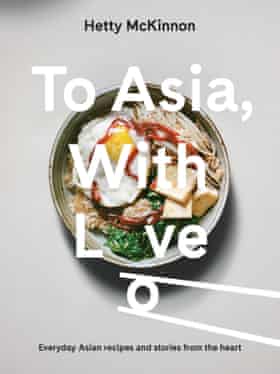
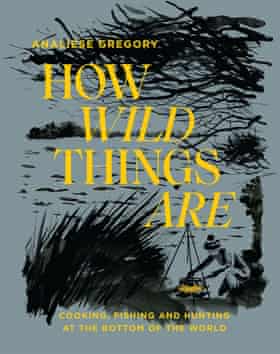
McKinnon is often asked about authenticity, but says to her the concept is irrelevant when talking about food. She points out that there’s no such thing as “authentic” Chinese food, as regional varieties vary wildly. Every village has its own version of a dish. What’s more, she believes “authentic is what’s personal to you”.
Despite the specificity of McKinnon’s experiences, she says “somehow they resonate with people from all walks of life – those topics like homesickness and finding yourself through food when you’re a second-generation Australian. Those are really common themes – trying to find your identity in a world where you’re bombarded by influences.
“Why I deliver personal stories is because I really want my food to show people that we are all alike.”
To Asia, With Love by Hetty McKinnon is available now through Pan MacMillan.
How Wild Things Are by Analiese Gregroy is available now through Hardie Grant.
from Lifestyle | The Guardian https://ift.tt/38nlIrJ
via IFTTT

comment 0 Comment
more_vert